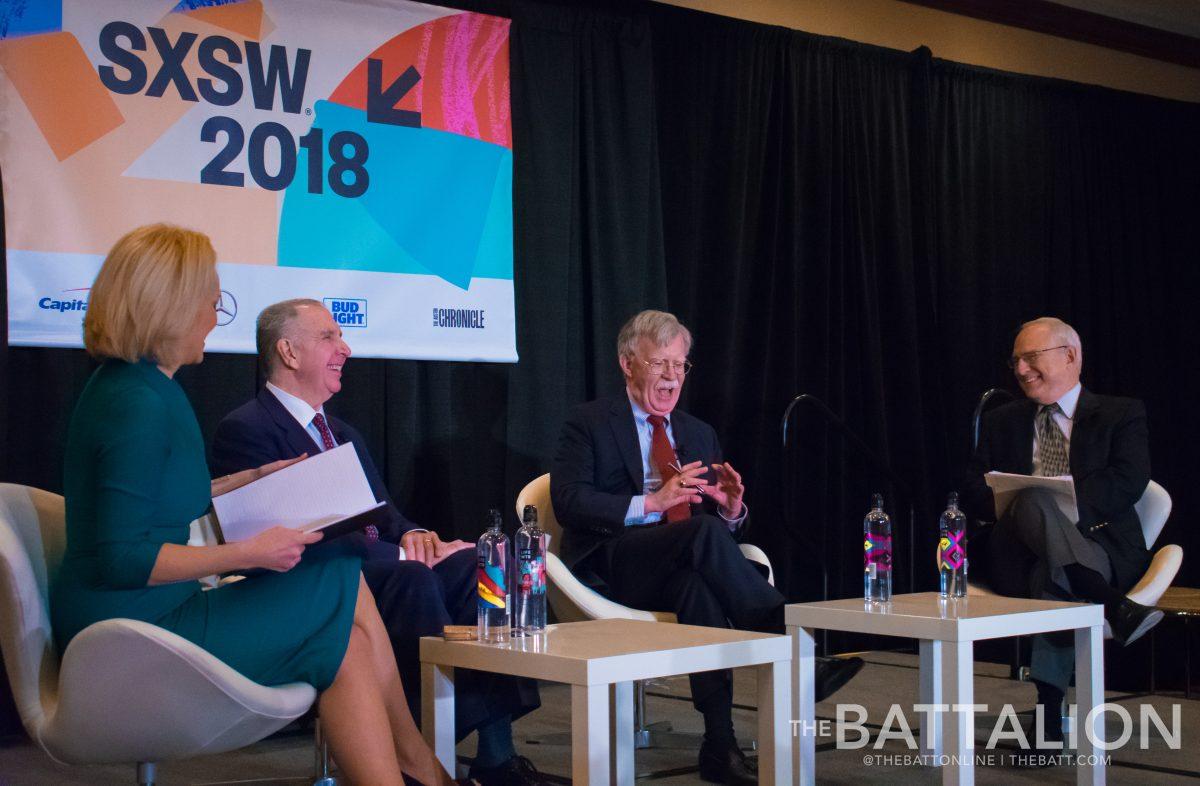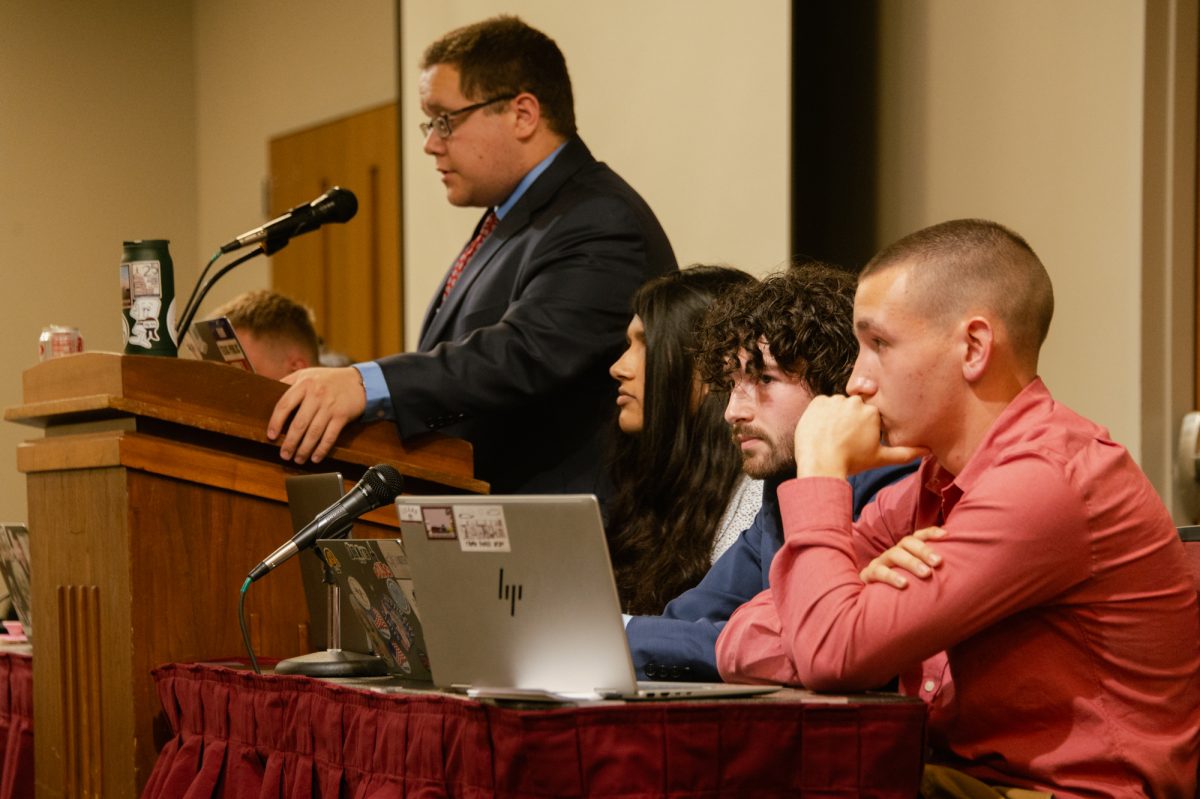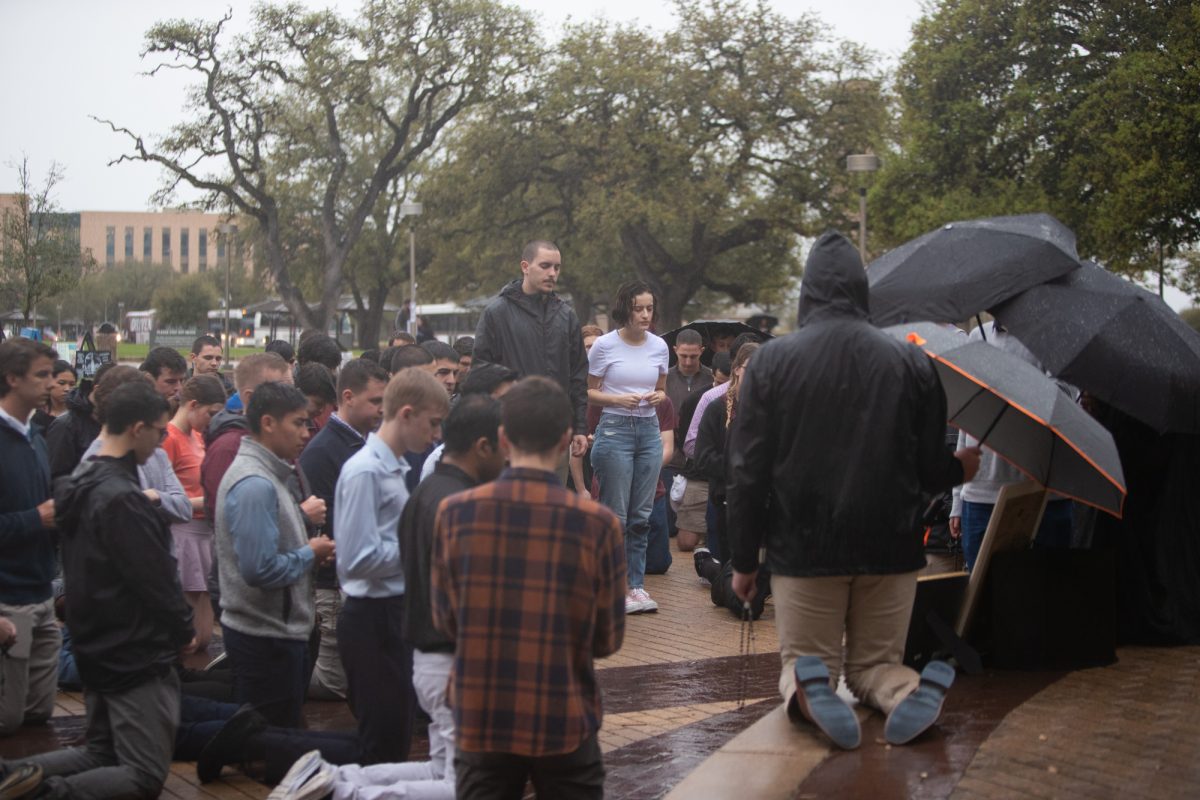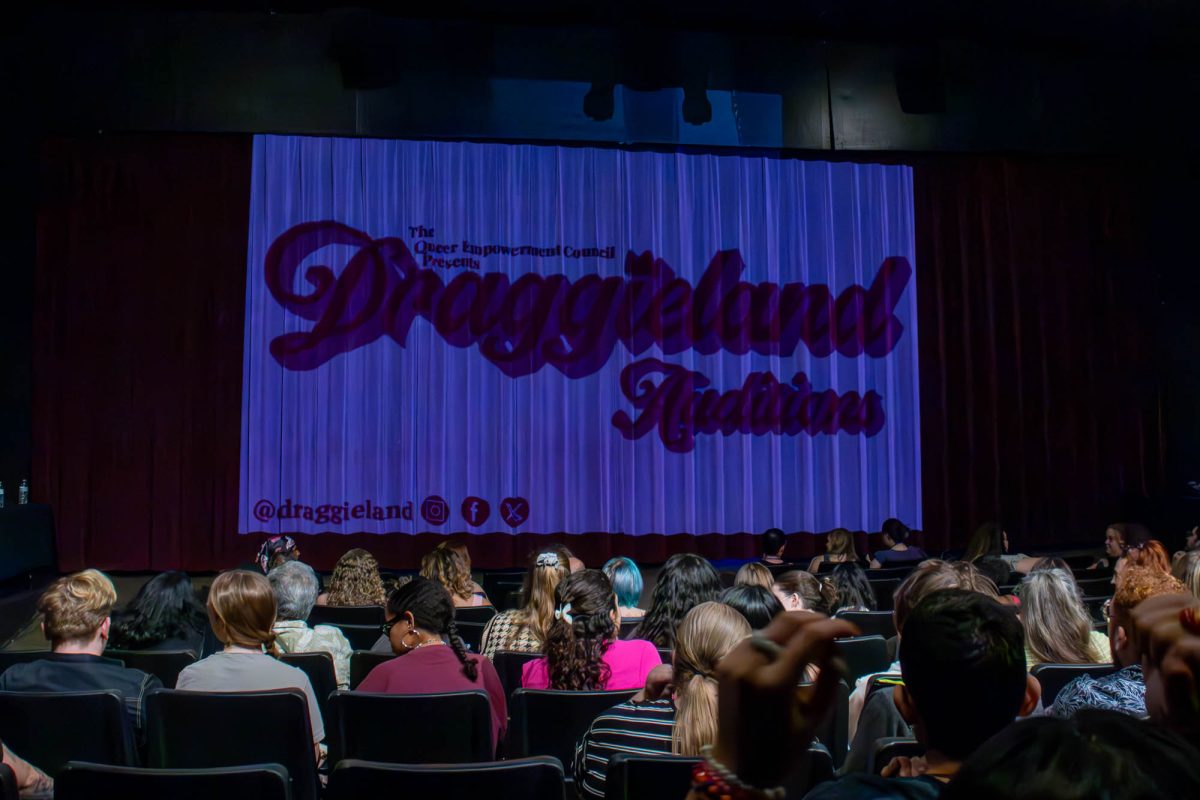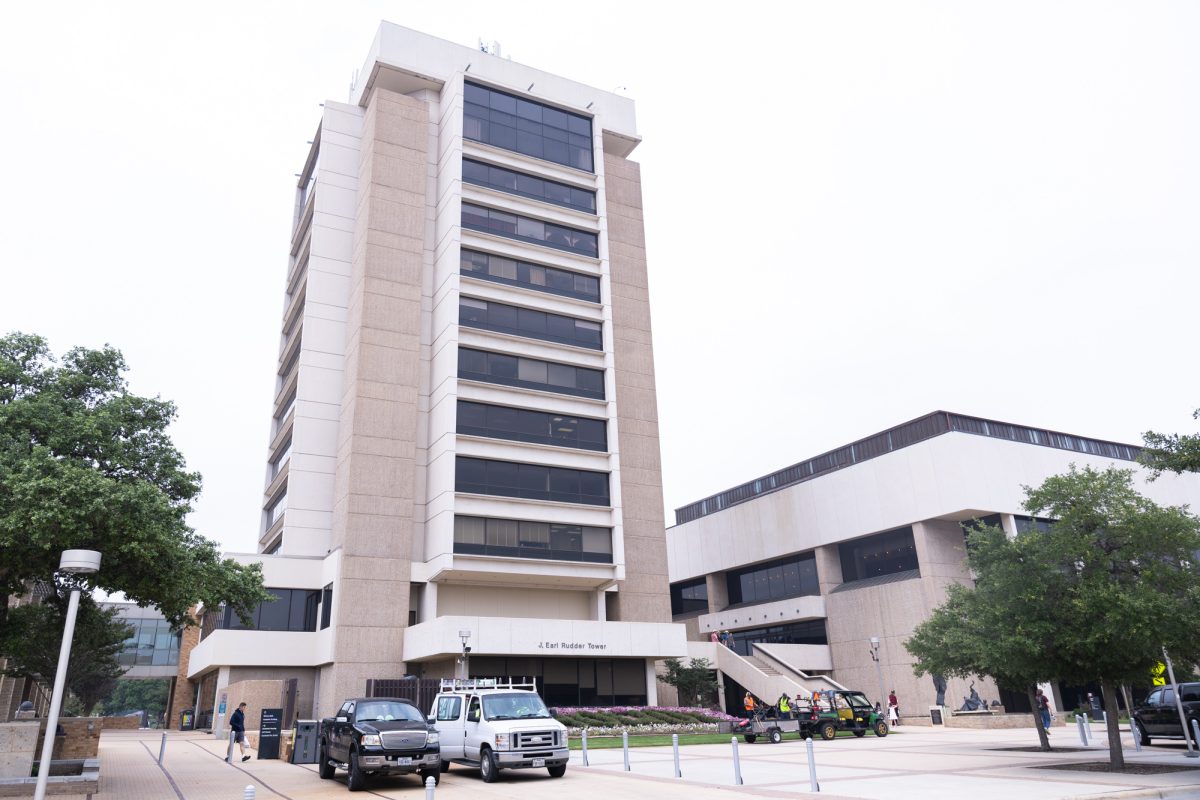AUSTIN, Texas — At South by Southwest, Texas A&M University President Michael K. Young discussed the impact of mass communications on the work of human rights activists in the digital age.
At a panel discussion hosted by A&M on March 13, Young was joined by John Bolton, former U.S. ambassador to the United Nations, and Rabbi David Saperstein, Union for Reform Judaism senior advisor for policy and strategy. The panel was moderated by BBC’s Kasia Madera, who asked the initial questions before accepting inquiries from the audience.
Young said he feels that while widespread information and communication across the world has allowed citizens to hold governments accountable, it does not grant a population the tools to enact change.
“I think it’s fair to say [governments are] being held accountable, on one hand …. but there is a certain set of expectations it raises,” Young said. “A lot of expectations … that you’ve seen these events being described, and you think you have this power, but you realize social media may not have force and power to change [the situation].”
Technology is not inherently good or bad, according to Bolton, who said it simply functions as a means to an end, regardless of who is using it to communicate.
“I don’t think technology in and of itself has a political or moral value,” Bolton said. “It’s something to achieve a goal. It takes place in a world where democracy is in a decline. … So from the perspective of the US, it makes things much more complicated.”
While there are humanitarian benefits to the spread of technology, it can have its downsides, Saperstein said.
“It can be both [good or bad,]” Saperstein said. “It is a source for people who are human rights activists, people who organize protests, it can mobilize them. It can be used to document human rights violations. It can record videos. But it can also block those. Blocking videos, tracking people who otherwise might have been anonymous and using the technology in the same way to get their message out. So you have this contradictory sense. So its changed how information is being shared around the globe.”
During the panel, Madera defined an echochamber of information as a situation caused when people selectively listen to and read news which affirms their own biases. Young said there is no one way to avoid this scenario since no two situations are alike.
“The problem is, they might not be in a bubble, ” Young said. “When you think about the refugee crisis in [foreign countries], you see all this information coming in, but other countries aren’t helping. You see other countries not do anything about these challenges, but keep the problem out of their way.”
Discussing the online activities of white supremacists and similar hate groups, Saperstein said the government attempting to combat hate speech by controlling online communication walks a delicate line between oppressive and protective.
“In Charlottesville, social media was used to organize the white supremacists there … there were chat rooms, in which they were sharing their ideas,” Saperstein said. “In response though, we began to see … people trying to prevent these groups for raising money. So long as the algorithms [of a search engine] say that as long as you search for a certain set of ideas, it leads you deeper, it helps divide the country. … It walks a delicate line, because we don’t want to see a government or state chose what we can and can’t see.”
Young said he believes there is no reason for a government to try to censor information, as all efforts would ultimately prove futile.
“I think at the end of the day, all attempts to regulate this ultimately fail,” Young said. “Things arise that will allow people to find information. I think the history of information is that you might manipulate it … so I’m just not sure you can control it.”
Young said it is important to remember that just because everyone has access to the same information does not mean everyone will have the same ideas.
“We forget the fact that information flows bring us to the same conclusion,” Young said. “It’s not a question of the information flows, it’s a question about the completely different values … I think we sometimes assume that if we all have the same set of information that well come to the same conclusion. But more information may not be bringing [us] together.”
While Young was still answering Madera’s question about avoiding echochambers of information, Young was interrupted by two protesters from PETA who held posters which called for the shutdown of A&M’s medical research involving dogs. The protesters shouted “Shut the dog labs down,” “Shut down the lab” and “Michael Young, I know you can hear me, shut them down now.” The protesters were removed by security.
The panel concluded with questions from the audience, where one audience member asked if social media can be seen as a threat or an opportunity for higher education.
“One of the challenges universities face in this regard … is social media is essentially media flow and opinions,” Young said. “Education should be designed to give people tools to deal with that … to look at things and decide ‘Is this fact?’ I think the fact that the information flow is very different may change the way in which we do it, but not the task itself. … In part, we need more responsible people to help us sort thought the information.”
President Young speaks in human rights panel
March 13, 2018
Photo by Photo by Dylan Manshack
Texas A&M President Michael K. Young (second from left) partakes in a discussion panel moderated by BBC’s Kasia Madera in Austin, Texas.
0
Donate to The Battalion
$2065
$5000
Contributed
Our Goal
Your donation will support the student journalists of Texas A&M University - College Station. Your contribution will allow us to purchase equipment and cover our annual website hosting costs, in addition to paying freelance staffers for their work, travel costs for coverage and more!
More to Discover



